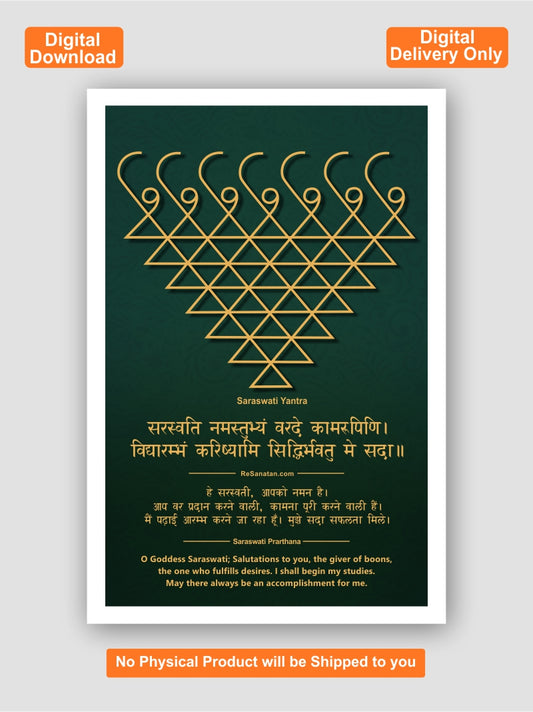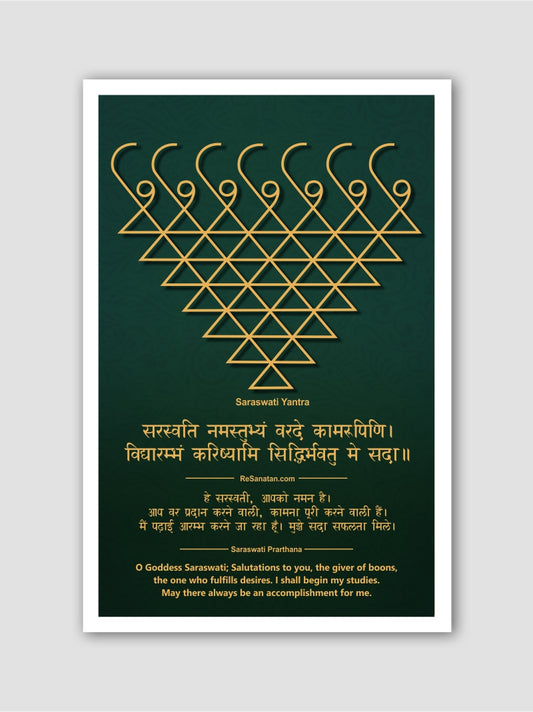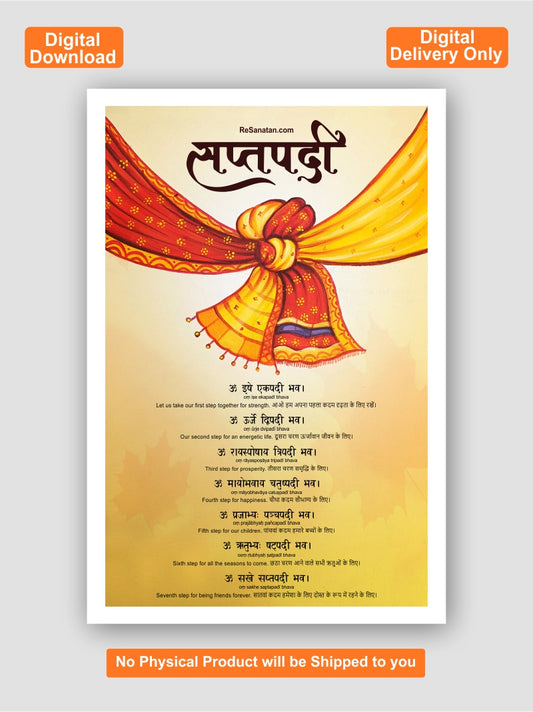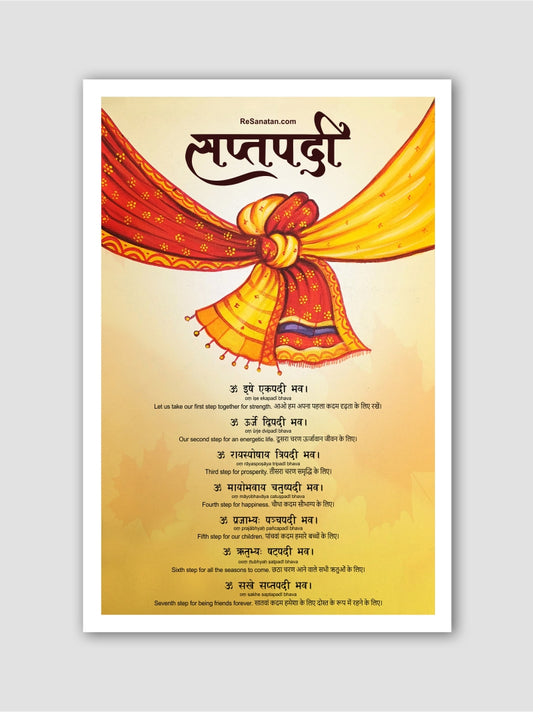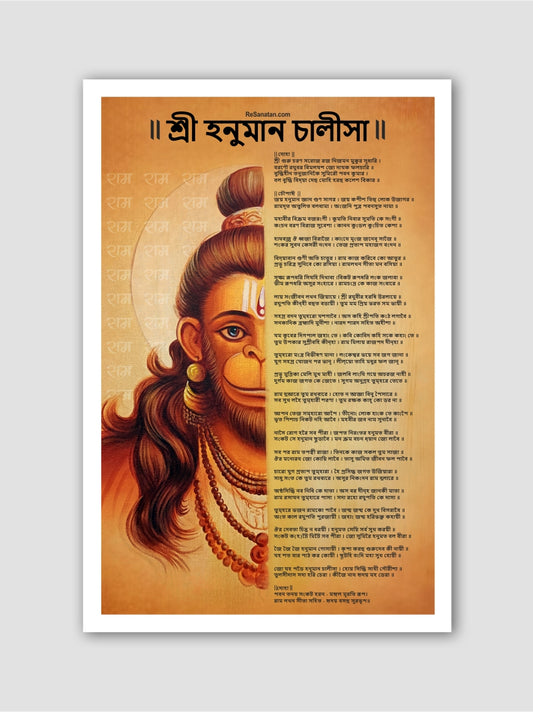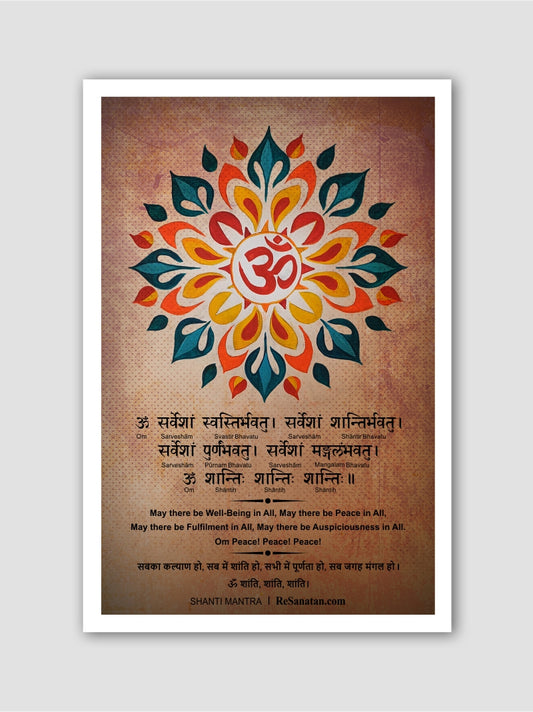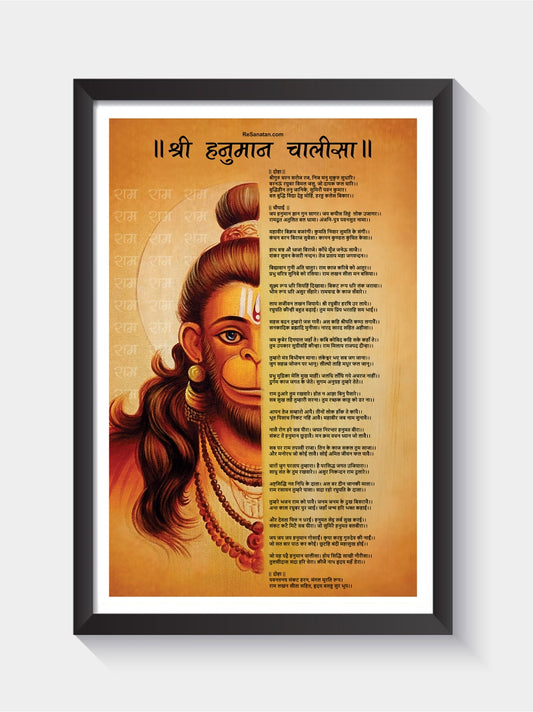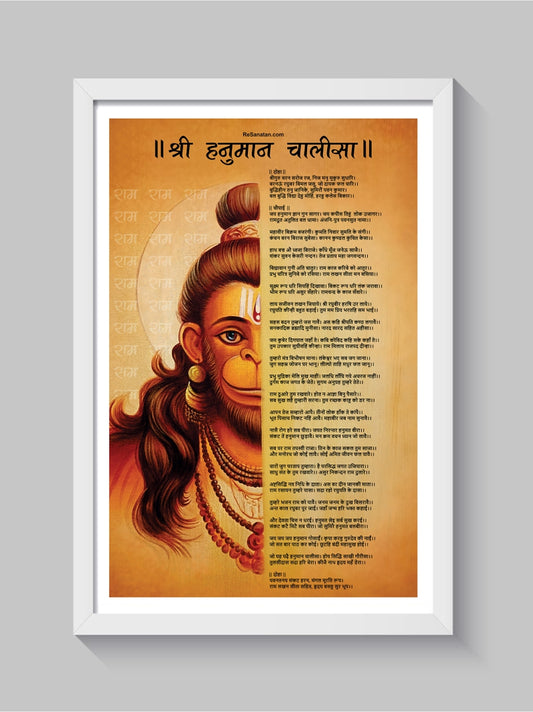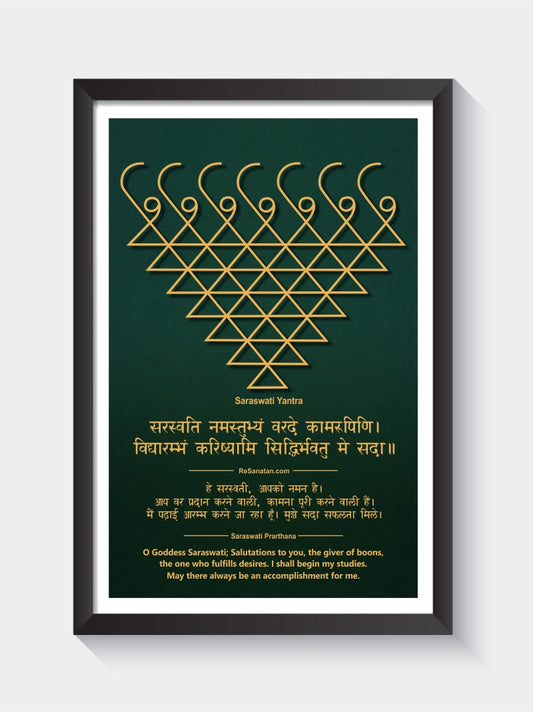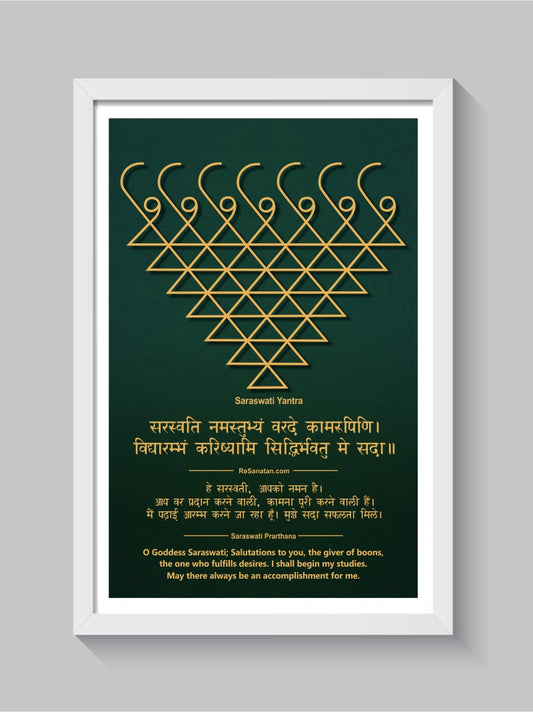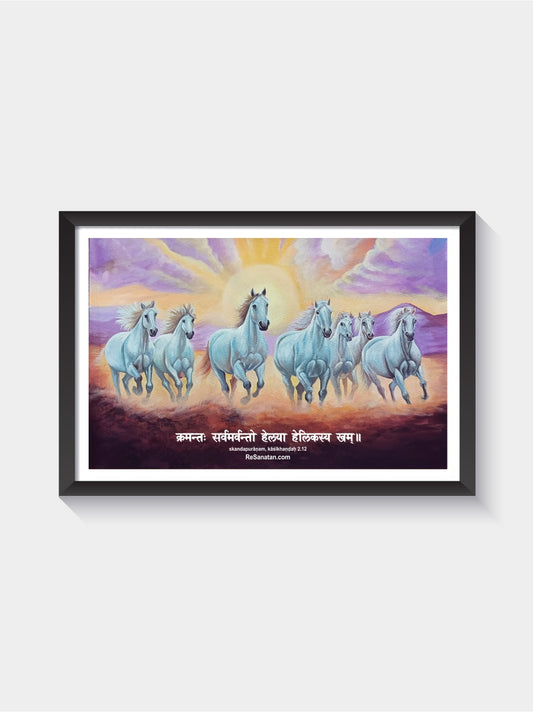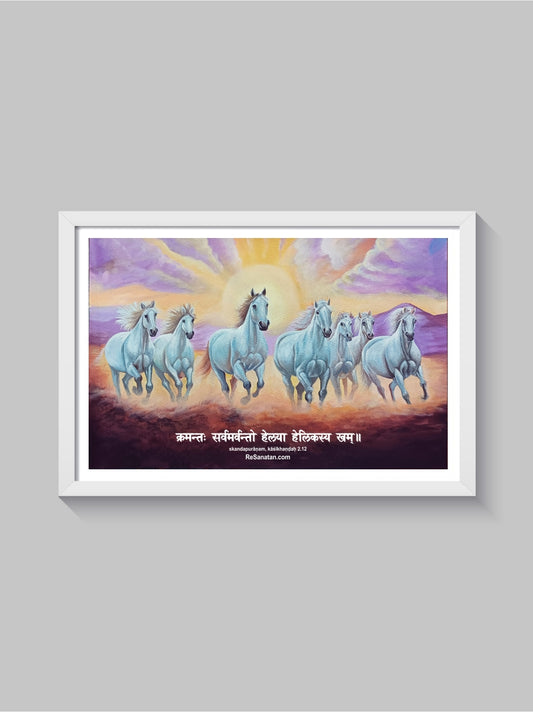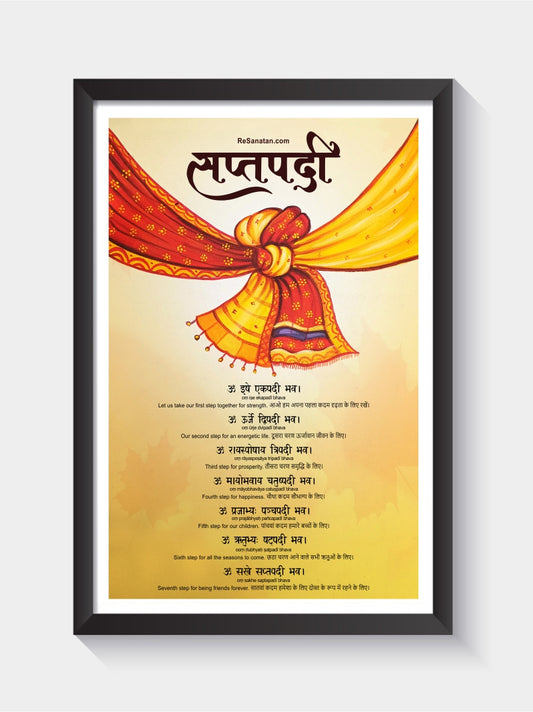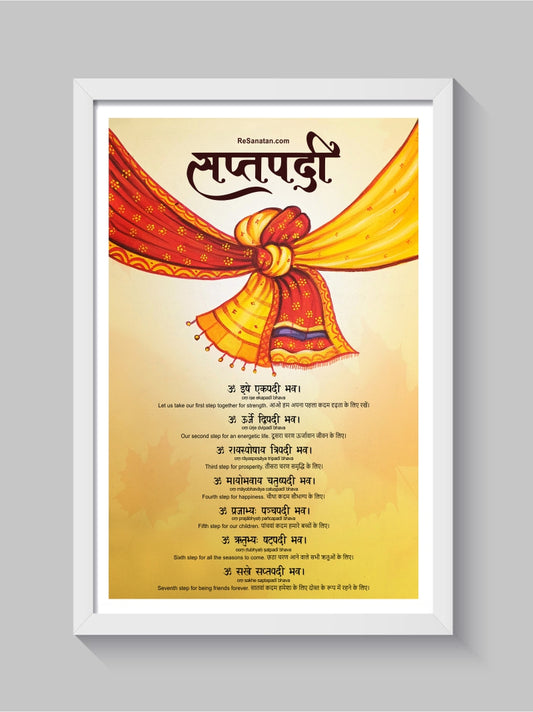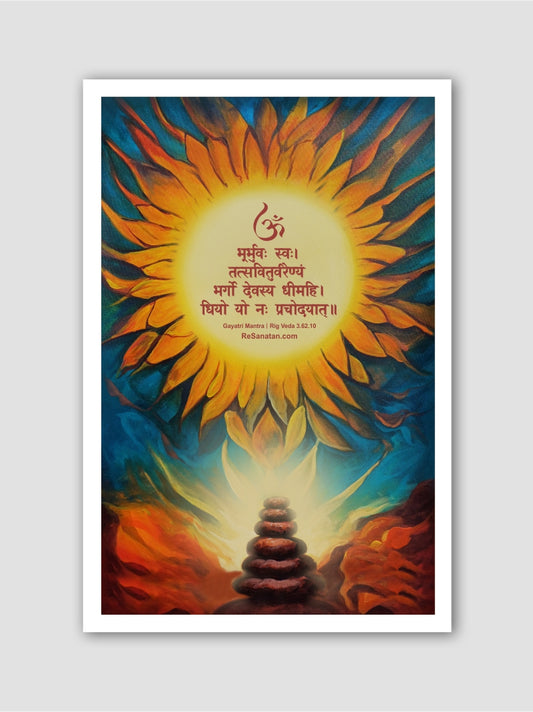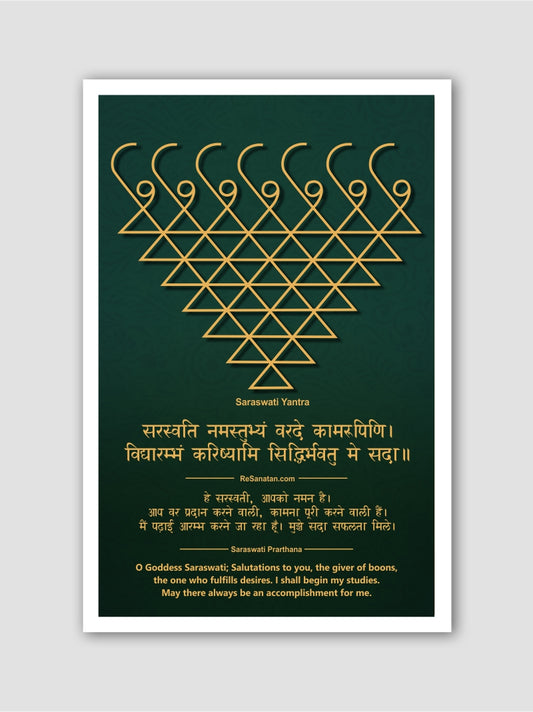Makar Sankranti - Significance, Traditions, and Wishes in English, Hindi, & Sanskrit
Share
Makar Sankranti, a major festival celebrated across India, marks the transition of the sun into the zodiac sign of Capricorn (Makara in Sanskrit). This festival, which typically falls on January 14th, is not just a celebration dictated by religious fervor but also signifies the onset of longer days after the winter solstice. It's a harvest festival, celebrated with different names and an array of customs in various parts of the country.
Makar Sankranti 2026: Celebrating the Sun's Journey and Harvest Festivities
In 2026, Makar Sankranti will be celebrated on Wednesday, January 14, marking the Sun's transition into the zodiac sign of Makara (Capricorn). This festival symbolizes the end of the winter solstice and the beginning of longer, warmer days. The Punya Kaal Muhurta, the most auspicious time to perform sacred rituals and take holy dips, falls between 3:13 PM to 5:45 PM, lasting 2 hours and 32 minutes. Within this period, the Maha Punya Kala, considered the most spiritually potent phase, is from 3:13 PM to 4:58 PM. The exact Makara Sankranti moment is at 3:13 PM, and devotees across India will celebrate with offerings, prayers, kite flying, and festive foods to honor this celestial shift and seek prosperity and well-being.
Historical and Cultural Significance of Makar Sankranti
Makar Sankranti is more than just a harvest festival; it is a celebration deeply rooted in historical and cultural narratives across various parts of India, reflecting the country's rich agricultural and astral traditions.
Astronomical Importance
Makar Sankranti holds astronomical significance as it marks the sun's transition into the zodiac sign of Capricorn (Makara). This transition, known as the Makara Sankranti, heralds the end of the winter solstice, which brings longer days. Therefore, Makar Sankranti is not just a symbol of seasonal change but also a celebration of the sun's journey northwards, considered auspicious as it denotes growth and prosperity.
Integration with Hindu Mythology
In Hindu mythology, Makar Sankranti is associated with several legends and gods, which enrich its cultural fabric. One popular legend relates to Lord Surya (the Sun God) visiting his son Shani (the God of Capricorn) on this day, symbolizing the importance of familial relationships despite personal differences. Another legend involves the warrior Bhishma from the epic Mahabharata, who chose to relinquish his body on Makar Sankranti, waiting for this auspicious day to ensure his passage to the heavens.
Cultural Practices and Rituals
Culturally, Makar Sankranti is celebrated with a diversity of practices and rituals which vary widely across India:
Pongal in Tamil Nadu: It is celebrated as a thanksgiving to nature, marking the first harvest of the year. Homes are decorated, and the new harvest is cooked in pots until they overflow, symbolizing abundance and prosperity.
Uttarayan in Gujarat and Rajasthan: The day is famous for kite flying, which serves as a metaphor for reaching new heights. Streets and rooftops swarm with people engaging in kite-flying battles, a practice that also has a social bonding element.
Magh Bihu in Assam: Known for its feasts and bonfires, Magh Bihu celebrates the end of the harvesting season where people prepare traditional foods and build makeshift huts called 'Bhelaghar' which are later burnt as a part of the celebrations.
Lohri in Punjab: Though technically celebrated a day before Makar Sankranti, Lohri is integrally connected with the latter. It involves large bonfires, singing, and dancing, celebrating fertility and the spark of life.
Social Significance
Socially, Makar Sankranti plays a crucial role in community bonding. It is a day when social hierarchies and caste distinctions are supposed to take a back seat, allowing everyone to mingle freely. The practice of sharing sweets made of sesame (til) and jaggery (gud) symbolizes unity and peace, with the saying "Til-gud ghya ani gud gud bola," which means "eat these sweets and speak sweet words."
Economic Impact
Economically, Makar Sankranti is significant for farmers as it marks the end of the winter crop season and the beginning of a new harvest season. The festival is a cause for celebration after months of hard work, reflecting hopes for a bountiful harvest ahead.
Traditions and Practices
Kite Flying: A popular tradition in many states, particularly in Gujarat and Maharashtra, where it symbolizes reaching out to the heavens or the divine, literally lifting spirits to the skies.
Holy Dips: Taking dips in sacred rivers like the Ganga, Yamuna, or Godavari is another significant practice. Devotees believe that bathing in these rivers on this auspicious day purifies the soul.
Sesame and Jaggery: Consuming and distributing sweets made of sesame seeds and jaggery is a common practice across the country. This tradition not only provides the body with energy and warmth but also symbolizes harmony and peace.
Fairs and Festivities: Numerous fairs (Melas) are held. The Kumbh Mela, which is one of the largest religious gatherings in the world, sometimes coincides with Makar Sankranti.
Makar Sankranti Wishes in English, Hindi, and Sanskrit
Makar Sankranti is a time of joy and new beginnings, making it a perfect occasion to send warm wishes to friends and family. Here are some heartfelt wishes in English, Hindi, and Sanskrit that you can share to convey your greetings for the festival.

English Wishes
1. "May the joyous festival of Makar Sankranti fill your home with good cheer, your heart with love, and your life with laughter. Happy Makar Sankranti!"
2. "Here’s hoping this harvest season brings you prosperity and happiness. Have a bright and beautiful Makar Sankranti!"
3. "On this auspicious day of Makar Sankranti, may the sun radiate your life with abundant joy and prosperity. Best wishes to you and your family."
4. "As we celebrate the festival of harvest, may all your endeavors ripen into success and bring sweet rewards. Happy Makar Sankranti!"
5. "Let the warmth of the sun fill your life with vigor and vitality. Wishing you a very joyous and vibrant Makar Sankranti!"
Hindi Wishes
1. "इस मकर संक्रांति के पावन पर्व पर, सूरज की रोशनी आपके जीवन को खुशियों से भर दे। मकर संक्रांति की शुभकामनाएं!"
2. "सर्दी की विदाई में, आपके जीवन में उत्साह और उमंग का संचार हो। आपको और आपके परिवार को मकर संक्रांति की हार्दिक शुभकामनाएं।"
3. "खिचड़ी के इस पावन पर्व पर, भगवान सूर्य देव आपके जीवन में नई उर्जा और खुशियाँ भर दें। मकर संक्रांति की बधाई!"
4. "तिल और गुड़ की मिठास से, आपके जीवन में मिठास भर जाए। सबको मकर संक्रांति की मीठी शुभकामनाएँ।"
5. "पतंगों की उड़ान आपके जीवन में भी ऊँचाइयों की नई संभावनाएं लेकर आए। मकर संक्रांति के शुभ अवसर पर ढेर सारी शुभकामनाएँ।"
Sanskrit Wishes
1. "मकरराशिगते सूर्ये, जीवने तव धन्यता यातु। संक्रांतिरेषा मंगलमयी भवतु।" Translation: "As the sun enters Capricorn, may your life be blessed. May this Sankranti be auspicious for you."
2. "सूर्यरश्मिभिः सर्वत्र उल्लासो भवतु। मकर संक्रांतेरेषा पुनीता दिवस ते मंगलप्रदो भवतु।" Translation: "May the sun's rays bring cheer everywhere. May this holy day of Makar Sankranti be auspicious for you."
3. "विश्वे ते प्रियं पथ्यं संपद्यताम्, मकर संक्रान्तिः सुखसंपत्प्रदा भवतु।" Translation: "May what is dear and favorable to you prevail in the world, and may Makar Sankranti bring happiness and prosperity."
4. "नवधान्यानां प्राप्तिः शोभनीया भवतु। संक्रान्तेः पुनीते दिवसे मंगलम् सर्वदा।" Translation: "May the harvest of new grains be glorious. On this sacred day of Sankranti, may auspiciousness always prevail."
5. "उत्तरायणस्य सूर्यस्य प्रकाशेन सर्वं विश्वम् उज्ज्वलताम्, मकर संक्रान्तिः सुखकरा भवतु।" Translation: "May the whole world shine with the light of the northward-moving sun, and may Makar Sankranti be joyous."
Conclusion
Makar Sankranti is a festival that beautifully ties the cultural diversity of India with the common threads of gratitude, joy, and renewal. It's a celebration that transcends social boundaries, bringing people together to appreciate the season's change and the fruits of the harvest. Each region adds its unique flavor to the celebration, making it a vibrant and colorful festival that is much awaited by all.
Frequently Asked Questions
Question: What is Makar Sankranti?
Answer: Makar Sankranti is a major Hindu solar festival that marks the Sun’s transition into the zodiac sign Capricorn (“Makara”) — signaling a significant movement in the cosmic cycle and the start of the Sun’s northward journey (Uttarāyaṇa). This transition signals the end of the coldest part of winter and the beginning of warmer, longer days, bringing hope, energy, and renewal.
Makar Sankranti is a festival of:
Cosmic movement — the Sun entering Capricorn.
Harvest and gratitude — celebrating nature’s abundance.
Hope and renewal — ushering in warmer days and new beginnings.
Spiritual reflection — honoring the Sun as the source of life.
Question: Why Makar Sankranti is celebrated?
Answer: Makar Sankranti is celebrated because:
1- It marks the Sun’s transition into Capricorn and the start of Uttarāyaṇa.
2- It is a harvest festival, expressing gratitude for nature’s bounty.
3- It honors Surya Dev for providing life and energy.
4- It symbolizes hope, renewal, and an auspicious period for spiritual and social growth.
Question: How Makar Sankranti is Celebrated?
Answer: Makar Sankranti is celebrated by:
1- Worshipping and offering prayers to the Sun God in the early morning.
2- Taking holy baths for spiritual purification.
3- Sharing traditional sweets made of sesame and jaggery.
4- Flying kites and engaging in festive activities.
5- Practising charity and exchanging goodwill with others.
6- Observing unique regional customs across India.
Question: In which state Makar Sankranti is celebrated?
Answer: Makar Sankranti is a pan-Indian festival, celebrated in:
North, South, East, West, and Central India
Under different names like Pongal, Lohri, Uttarayan, Magh Bihu, and Poush Sankranti
With a shared theme of harvest, gratitude, Sun worship, and new beginnings




